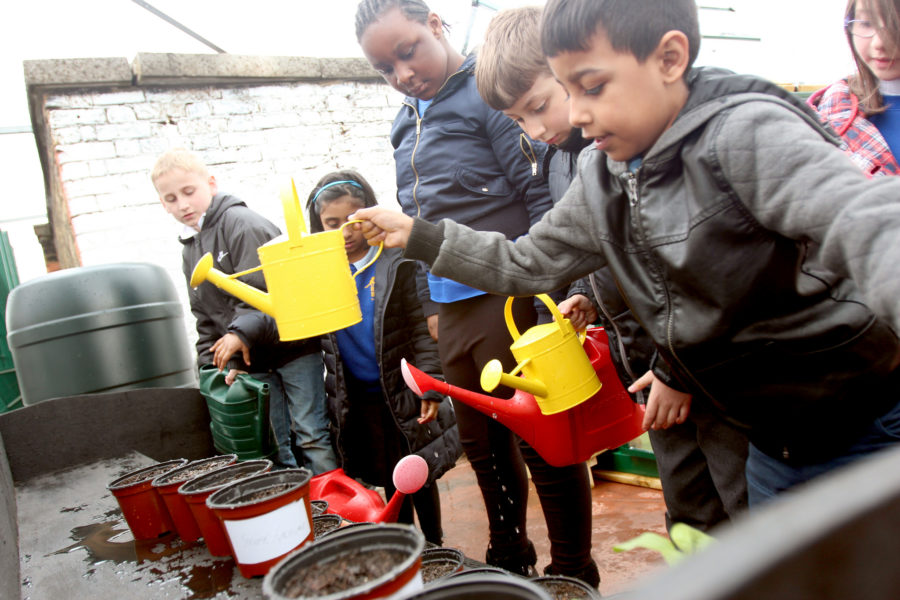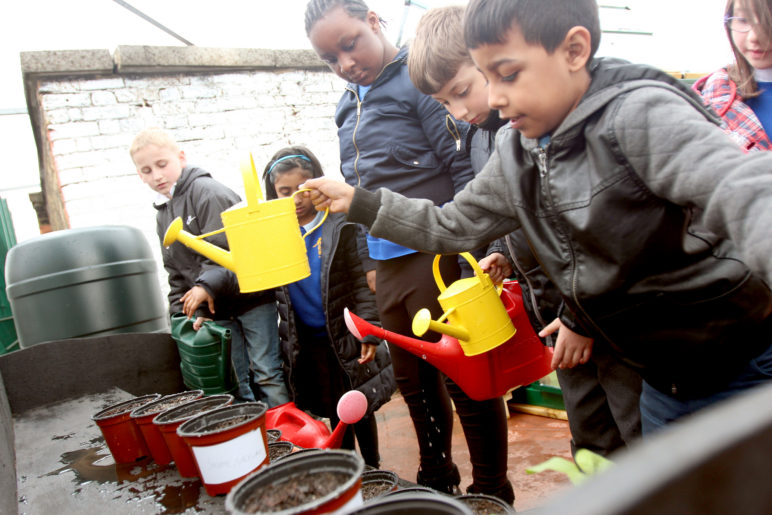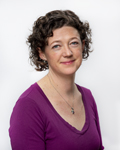Kristin
How can we combat growing wealth and income inequality: With a social wealth fund, a pool of investment assets that pays out dividends to everyone.
Lessig’s latest, touting candidates who are making their platform more about fixing broken democracy than about toeing the two-party line:
We see our tribes first, and truth a distant second. We have to find a way out of this rut. We have to build a politics that can build upon common ground. We need a way to say, “yes, we disagree about a million critical issues, but we must first agree to fix the democracy that must unite us.” We need candidates who are able to say to their base, “I’m with you, but our first fight is not against them; our first fight is against a system that represents neither us nor them.”
This holiday season, parents might be thinking about how to help kids cultivate gratitude. Here’s five ways to raise a grateful child: model it, embed it, talk about it when its there, talk about it when its not there, repeat it.
Some researchers thing of gratitude as having four parts, but they found that parents focus mostly on the DO part with their kids and few focus on the THINK part.
- What we NOTICE in our lives for which we can be grateful
- How we THINK about why we have been given those things
- How we FEEL about the things we have been given
- What we DO to express appreciation in turn
Eric
New medical research shows that pollution kills more than AIDS, TB, and malaria combined.
I recently caught what is easily one of the best children’s movies I’ve ever seen, Kubo and the Two Strings, which I somehow missed when it came out a year ago. It’s gorgeous.
Check out this map of freight flows published by the US Bureau of Transportation Statistics. On a tonnage basis, it really highlights the continued dominance of railways hauling Powder River Basin coal east as well as Mississippi River vessel traffic.
Anna
There’s a thing or two we now know about the art and science of changing minds about the seriousness (and reality) of climate change. The basics: messenger matters; people need to know why it matters and respond to values; educating people can make a difference (but values and the messenger matter here especially); emphasizing risk can spur people to action and risk is best balanced with solutions; and when people and communities feel they can actually do something about it—and there’s hope, they’re more likely to act. Here’s a Washington Post overview of all those lessons learned with links to the relevant research behind them.
And we know too that people respond to stories more than piles of disassociated facts. Here’s a cool storytelling project that profiles real people benefitting from solar power, like a former coal miner turned solar panel installer in Alabama. Stories of Solar is created by the Southern Environmental Law Center.
Why do so many Americans feel compelled to drive their kids to and from school? One parent looks at the cultural norms that make alternatives unthinkable as well the ways city design keeps us in our minivans.
And: Quote of the month (or year?) on how cities are getting that tangle of affordability, growth, prosperity, and equity wrong, from Peter Ganong, an economist at the University of Chicago, interviewed in the Atlantic: “It used to be when a lot of people move to places, we build more houses,” he said. “Now, we don’t build more houses, and instead, poor people move out.”
Aven
I came across an interesting project this week: a self-described “debate platform powered by reason”. I have not used it yet, but I’ve signed up and I’m very curious to see what becomes of it.
This discussion about kids and race came up on Seattle Nanny Parent Connection, which led me to the website for a new Seattle nonprofit called Kids and Race that puts on events for adults and kids on things like the misuse of power and privilege in children and how to move children towards inclusion. I then found out that they are putting on one of these events for free on December 10th, at the Seattle Taiwanese Christian Church. As a white parent of a white child, I’m so grateful that there people out there doing this kind of work who are willing to help me start this conversation with him.
And, in clean energy news, Shell is doubling its spending on clean power and promising to cut its carbon footprint in half by 2050 (which doesn’t make them less evil, but does belie certain Americans’ ongoing insistence that fossil fuels are the future and cutting carbon is unnecessary). On the coal front, not only has it been surpassed by wind as the second largest source of power, in Texas nonetheless, but it could soon be replaced by hydrochar made out of poultry litter—a double win, since we need to do something with the roughly 940 megatons of chicken waste generated every year by the poultry industry. Also, it would be just a little delicious if the coal industry was finally killed, not by solar subsidies or cheap gas, but by bird poop.










